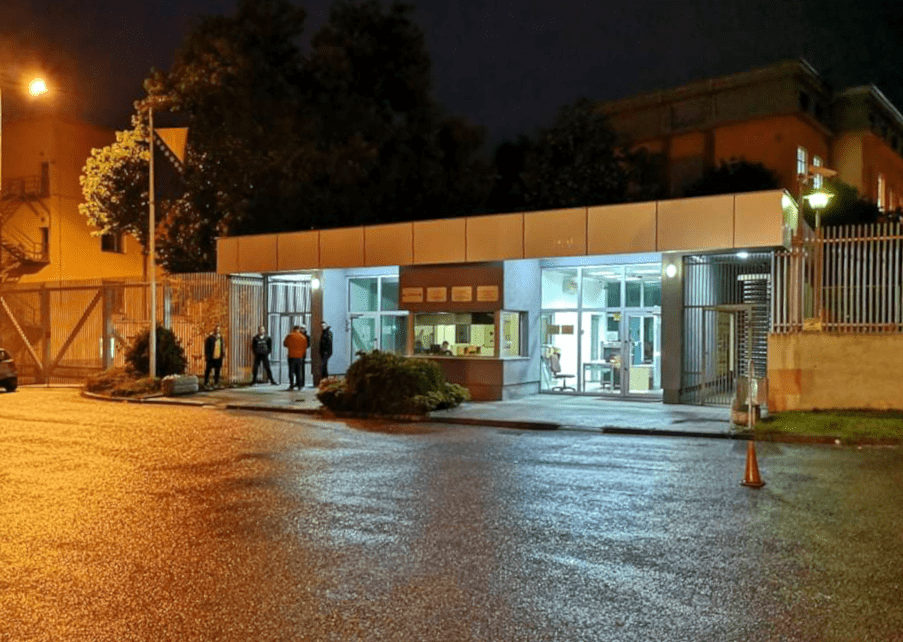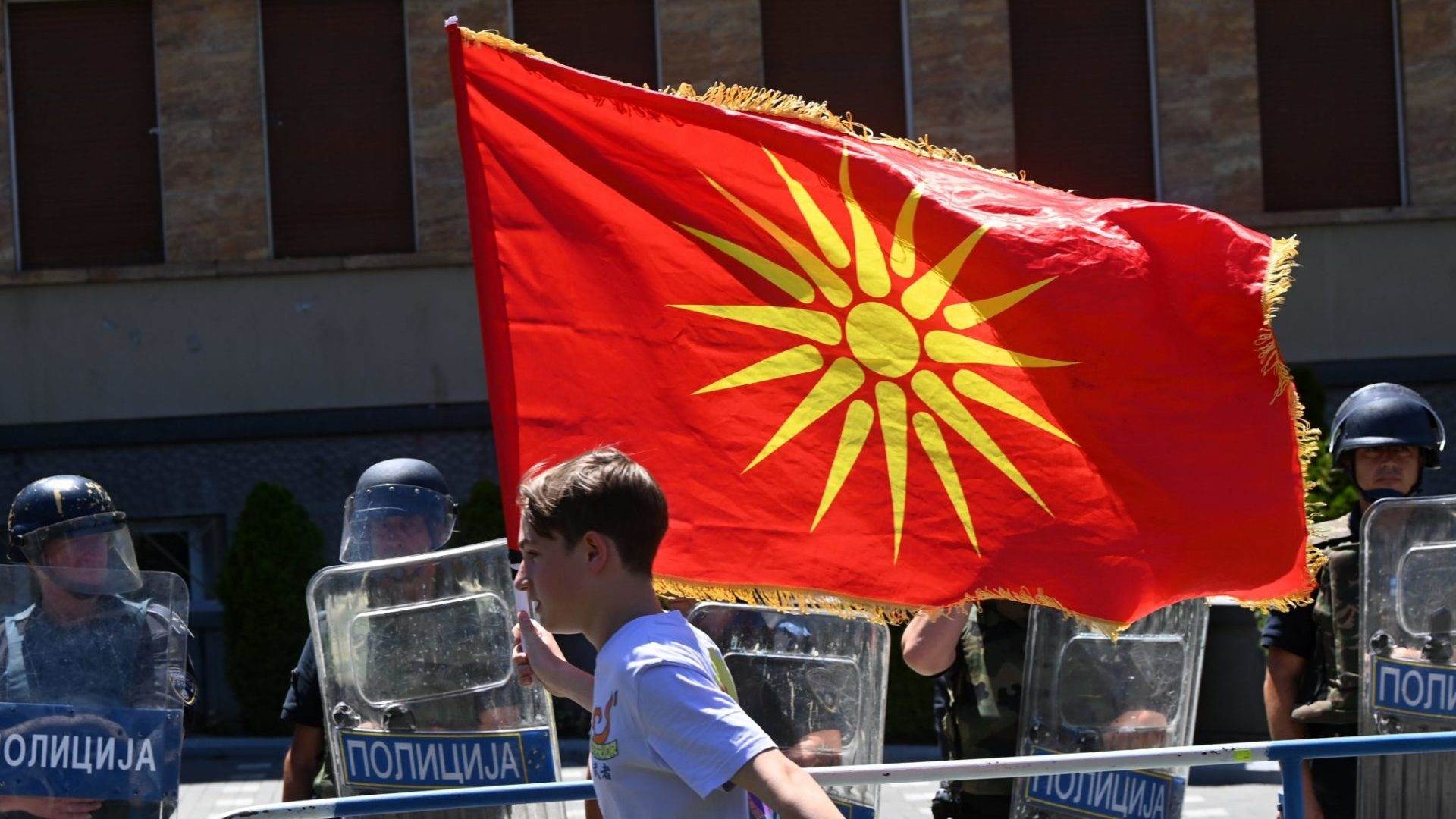This post is also available in: Bosnian
“Neither of us believed that having international lawyers act as advisors would accomplish anything meaningful. (…) It was a cynical effort to placate the international community and keep international funding flowing while ensuring that internationals would have no significant role in dealing with Bosnia and Herzegovina’s war-crimes predicament,” Schwendiman said.
The former Deputy Chief Prosecutor left the Prosecution of Bosnia and Herzegovina on December 14, 2009. On the same day the High Representative for Bosnia and Herzegovina extended the mandate of international staff members employed in the war-crimes sections of the State Court and its Prosecution by three years and ruled that international judges and prosecutors working in the organized crimes sections could “continue working as advisors”.
Schwendiman claims that the High Representative’s Decision regarding the local leadership of the Special Department for War Crimes is not “original with him”, and that he merely followed the HJPC’s opinion and simply “parroted what was in that opinion”.
“In February 2009 the HJPC issued an opinion that made it clear that it was hostile to have further involvement of international prosecutors in the work of the Special Department for War Crimes. (…) The HJPC’s opinion also made it clear that it wanted nothing more to do with having international prosecutors serve as heads of the special departments after the end of the mandate that was to expire in December 2009. It insisted that national prosecutors be selected to fill those positions,” Schwendiman said.
Schwendiman argues that due to the fact that local authorities and the international community “managed” the mandate extension issue “in a wrong manner”, only one international prosecutor has remained in the Special Department for War Crimes. He considers that the appointment of new foreign prosecutors will cut down the three-year mandate, approved by the High Representative, by at least a year.
“New people will probably have little or no previous experience in Bosnia and Herzegovina or in conflict situations. It will take them at least a year to become sufficiently knowledgeable. (.) The people who were driven off were in a position to take full advantage of all three of the years if the High Representative had only acted earlier and the Registry had done the minimum required during 2009 to ensure that those people would stay”.
Schwendiman considers this opportunity to have been “wasted” and this will lead to a reduction of new investigations and indictments.
You can read more about the way intrernational staff were treated in the Prosecution of Bosnia and Herzegovina, pressures put on this institution and the readiness of local prosecutors to continue working independently on war-crimes cases, on our web page www.bim.ba on Friday, January 22, when the full text of the interview with David Schwendiman will be published.




